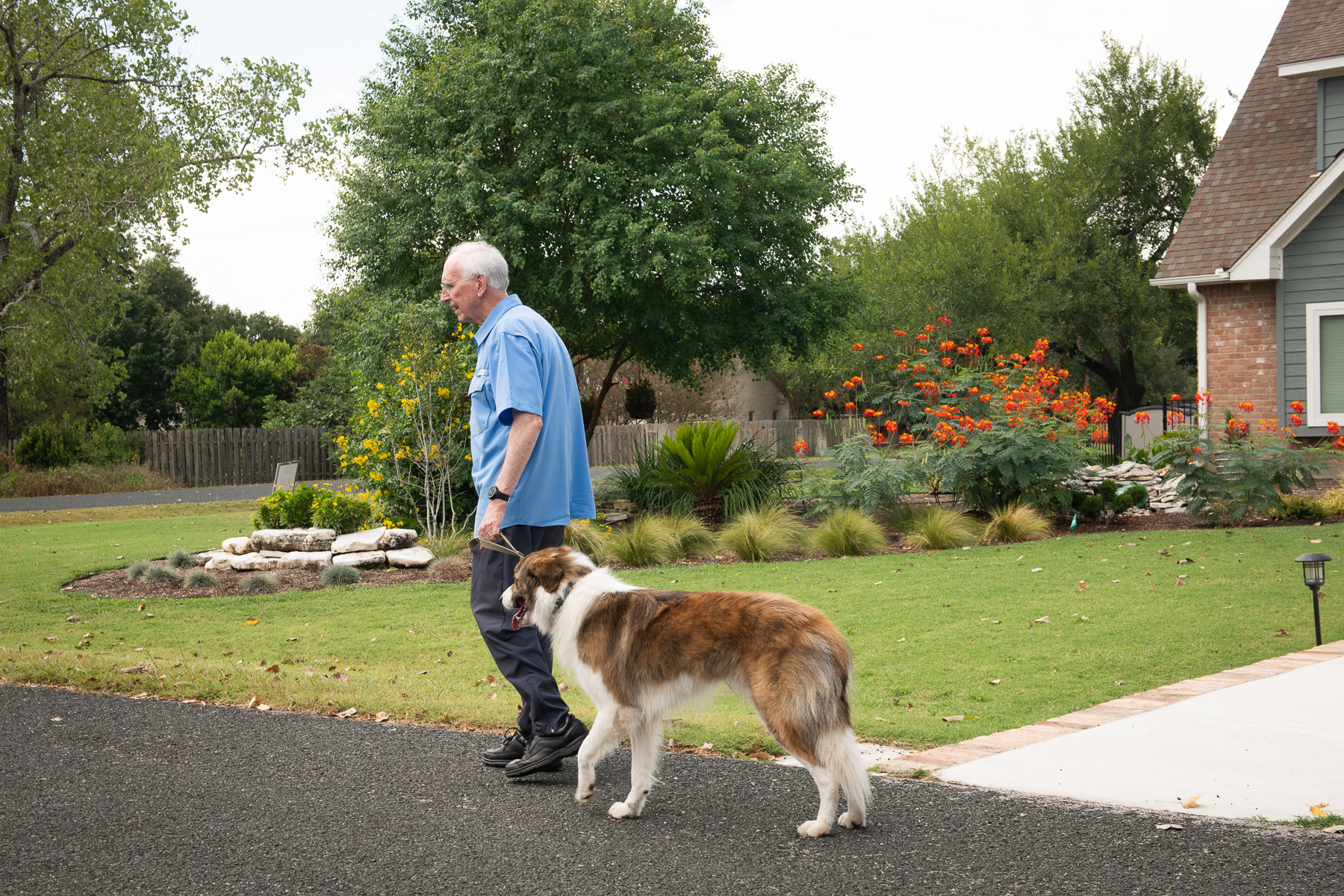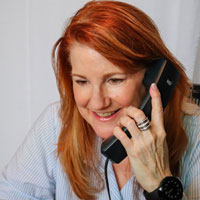Oct 28, 2019
Combatting Social Isolation with Technology
 We attended a caregiving conference in Austin last week, and social isolation was a recurring topic of discussion. It’s also the subject of many articles as it becomes a more widespread issue and concern. Social isolation is caused by many circumstances and conditions, including:
We attended a caregiving conference in Austin last week, and social isolation was a recurring topic of discussion. It’s also the subject of many articles as it becomes a more widespread issue and concern. Social isolation is caused by many circumstances and conditions, including:
- Someone who does not drive may be isolated
- Adults with no children, or whose children live across the country could be isolated
- Adults who have lost a partner
- If you live in a small town with few or no services, you might feel isolated
- People with hearing loss often say they feel isolated
- People with Alzheimer’s disease, dementia, Autism and other conditions with memory loss often feel isolated.
Why is this important to pay attention to? Many recent studies on the social determinants of health focus on social isolation as a key factor in declining health and depression. Much has also been written about ways to combat social isolation, including the usual suspects:
- Join community groups
- Get out and exercise more
- Adopt a new best friend – dog walking gets you out and exercising
- Plan and do more social activities with friends.
If you have Alzheimer’s or dementia, engaging in these activities can be harder. In the early stages of Alzheimer’s the protocol is to keep the person active, engaged in their favorite routines. How can you maintain that level of activity and independence, but layer on some additional oversight? You want the person with Alzheimer’s to feel confident when they are out and about, despite the initial symptoms of the disease. Now, there is remote monitoring technology available that can minimize social isolation, supporting the benefits of exercise, companionship and overall quality of life. Many of our customers have purchased our wearable GPS tracker so their loved ones can stay independent and active, but with the confidence that their family knows where they are at all times and can talk with them directly if they see something amiss, such as a potential wandering event. The care recipient can press the SOS button in case of emergency, or when they feel uncomfortable and just want to speak with a family member. It’s the independence with reassurance – coupled with more peace of mind – that is allowing families to thwart potential social isolation.
Studies and our own experience have found that this important remote monitoring technology needs to be easy to use and purpose-built for persons with memory issues so that it will be used by care recipients and their families. Affordability is important, for the caregiving costs of these diseases is high. Finally, it must be respectful of privacy – of the person with memory issues, and their families.
We are delighted with the stories our customers tell us of how their loved ones can participate in their normal activities longer with the additional oversight our Theora® Care remote monitoring technology brings. Everyone wins when families are able to overcome some of the risks of potential social isolation with affordable, useful tools that provide more active independence while enabling their loved ones to stay in their home of choice longer, and more peace of mind for their family caregivers.


